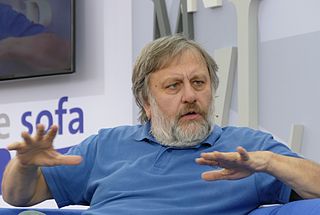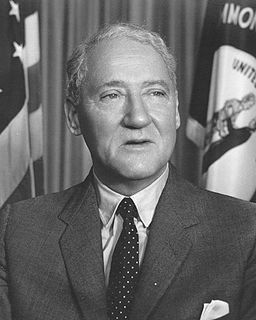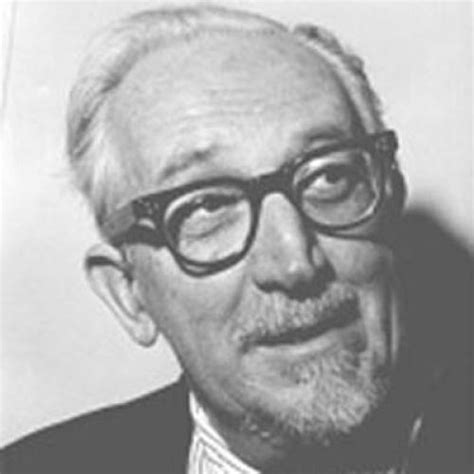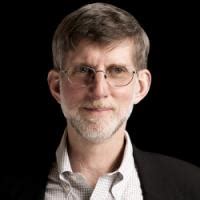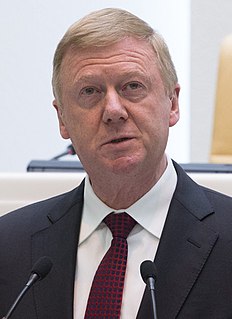A Quote by Roland Joffe
Making the City Of Joy gave me the best political education of my life. It became a wrestling match between an Englishman who had gradually ceased to be a Marxist, and a culture that was becoming more Marxist by the day.
Related Quotes
I think I have in fact been situated in most of the squares on the political checkerboard, one after another and sometimes simultaneously: as anarchist, leftist, ostentatious or disguised Marxist, nihilist, explicit or secret anti-Marxist, technocrat in the service of Gaullism, new liberal and so on.
One good reason for the popularity of "reductionism" among the philosophical outposts of the Western Establishment is that it can be, and is, used as a device for trying to take the wind, so to speak, out of the sails of Marxism. . . . In essence reductionism is a kind of anti-Marxist caricature of Marxist determinism. It is what anti-Marxists pretend that Marxist determinism is.
American liberty is being destroyed by Marxist doctrines that explain society in terms of hegemonic and oppressed groups - whether classes, races or genders - fighting for suzerainty. In these societies spun out of Marxist theorizing, good will does not exist, only the material interests of warring groups. Morality resides in the oppressed, but if the oppressed succeed in becoming hegemonic, their claim to moral supremacy evaporates.
Liberalism makes this mistake in regard to private property and Marxism makes it in regard to socialized property... The Marxist illusion is partly derived from a romantic conception of human nature... It assumes that the socialization of property will eliminate human egotism... The development of a managerial class in Russia, combing economic with political power, is an historic refutation of the Marxist theory.
The Anarchists' uncompromising rejection of the State, the subject of Marxian sneers for its "absolutist" and "Utopian" character, makes much better sense in the present era than the Marxist relativist and historical approach. The pacifists also seem to be more realistic than the Marxist both in their understanding of modern war and also in their attempts to do something about it.



